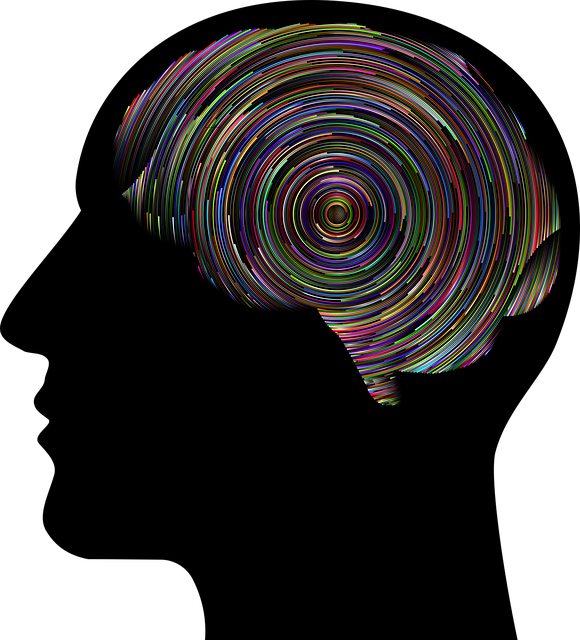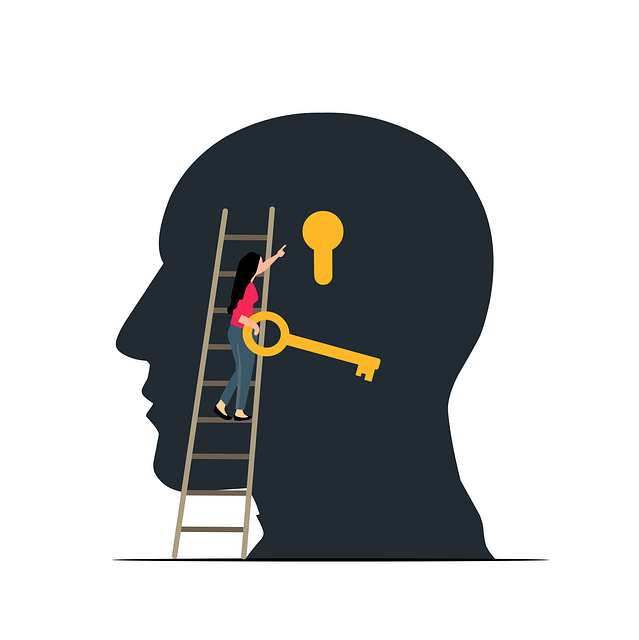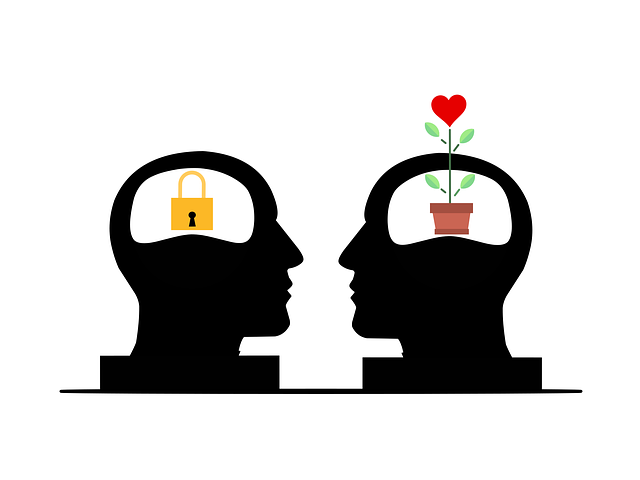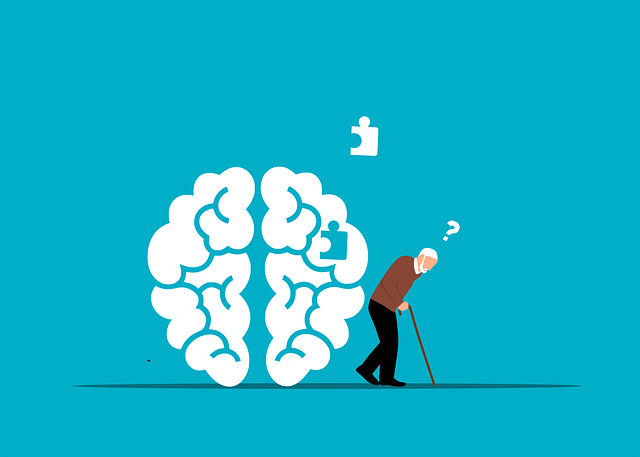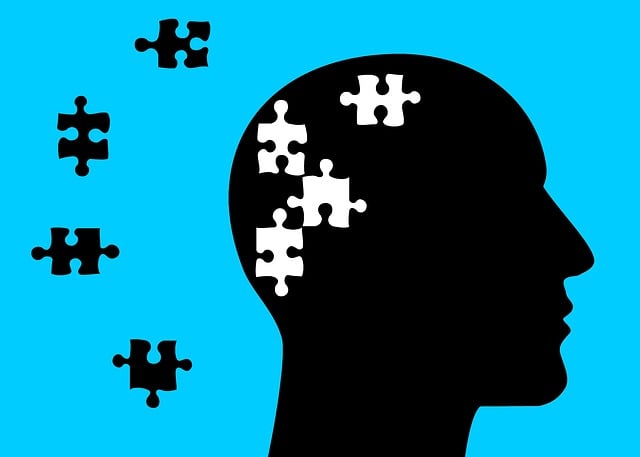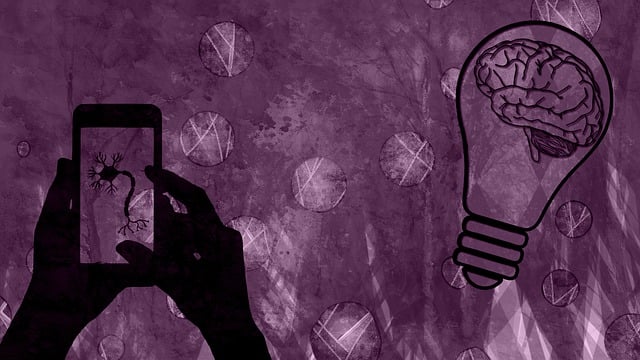TL;DR:
Superior ADD-ADHD therapy leverages self-care as a powerful tool, integrating strategies like exercise, mindfulness, and boundary setting into daily routines. This holistic approach, emphasized by public awareness campaigns, enhances mental well-being by addressing interconnected mind-body-spirit connections. Through introspection, individuals with ADHD identify triggers and develop coping skills, leading to improved focus, emotional resilience, and overall quality of life. Combining therapy with self-care practices overcomes barriers, fostering a healthier relationship with oneself and sustaining positive mental health outcomes.
Self-care is a powerful tool for managing ADHD/ADD, offering a strategic approach to daily living. This article guides you through a comprehensive self-improvement journey. We’ll explore the profound impact of self-care on ADHD symptom management and provide insights into identifying your unique needs. From balancing mind, body, and spirit to integrating superior ADD-ADHD therapy into your routine, discover practices that foster wellness. Overcome barriers and embrace a committed path towards personal growth.
- Understanding Self-Care and Its Impact on ADD/ADHD Management
- Identifying Personal Needs for Effective Self-Care Strategies
- Creating a Balanced Routine: Mind, Body, and Spirit Connection
- Integrating Superior ADD-ADHD Therapy with Daily Self-Care Practices
- Overcoming Barriers and Staying Committed to Self-Improvement
Understanding Self-Care and Its Impact on ADD/ADHD Management

Understanding self-care is pivotal in managing ADD/ADHD effectively. It involves intentional activities that nurture physical, mental, and emotional well-being, allowing individuals to regain control and enhance their quality of life. By prioritizing self-care, those with ADD/ADHD can mitigate symptoms, improve focus, and boost overall productivity. Incorporating strategies like regular exercise, mindfulness practices, and structured routines can significantly impact positive outcomes in both personal and professional settings.
In the context of superior ADD-ADHD therapy, self-care isn’t merely a complementary practice; it’s a cornerstone. Healthcare providers play a crucial role in encouraging patients to develop robust self-care routines as part of their treatment plan. This includes teaching burnout prevention strategies for healthcare professionals themselves, ensuring they can offer sustained support without compromising their well-being. Public awareness campaigns development around self-care routine development for better mental health further underscores the importance of this approach in managing ADD/ADHD effectively and promoting a healthier society.
Identifying Personal Needs for Effective Self-Care Strategies

Identifying personal needs is a fundamental step in developing effective self-care strategies. It’s akin to navigating a labyrinthine mind, where one must pause and listen for the whispers of their soul. This process involves introspection—a deep dive into your thoughts, feelings, and behaviors. By acknowledging your unique triggers, stress factors, and emotional needs, you begin to unlock the door to superior ADD-ADHD therapy and improved mental well-being.
Risk management planning for mental health professionals intersects with self-care routine development in a holistic manner. Incorporating mindfulness practices, setting boundaries, prioritizing rest, and engaging in activities that bring joy are all integral parts of this journey. Adhering to mind over matter principles empowers individuals to take control of their mental health, fostering resilience and enhancing overall satisfaction in life.
Creating a Balanced Routine: Mind, Body, and Spirit Connection

Creating a balanced routine that nurtures the mind, body, and spirit is essential for overall well-being, especially for individuals managing ADD/ADHD. Beyond simply scheduling tasks, this holistic approach integrates activities that enhance focus, promote physical health, and foster emotional resilience. Superior ADD-ADHD therapy emphasizes the interconnectedness of these aspects, recognizing that a person’s mental, physical, and spiritual states are interdependent.
Mindful practices like meditation or yoga can help regulate attention and reduce stress. Engaging in regular exercise not only improves physical health but also boosts mood and cognitive function. Similarly, practices such as journaling or spending time in nature can foster emotional awareness and a deeper connection with oneself. By integrating coping skills development into their daily routines, individuals can better manage symptoms, enhance mental health awareness, and improve overall quality of life.
Integrating Superior ADD-ADHD Therapy with Daily Self-Care Practices

Integrating Superior ADD-ADHD Therapy with Daily Self-Care Practices is a powerful strategy for enhancing overall well-being. Effective therapy provides individuals with tools to manage symptoms and improve focus, but true transformation occurs when these techniques are seamlessly incorporated into a robust self-care routine. By prioritizing consistent self-care practices, those diagnosed with Attention Deficit Hyperactivity Disorder (ADHD) can achieve better mental health outcomes and significantly boost their quality of life.
This holistic approach involves developing a structured self-care routine that caters to both the mind and body. Simple yet impactful acts like regular exercise, mindfulness meditation, adequate sleep, and balanced nutrition form the foundation of this regimen. Combining these healthy habits with Superior ADD-ADHD Therapy creates a symbiotic relationship, where therapy empowers individuals to actively engage in their self-care journey, leading to sustained improvements in attention span, organization, and emotional regulation. Public awareness campaigns can play a crucial role in educating people on the importance of integrating such therapeutic practices into their daily lives, ultimately fostering a more supportive environment for those managing ADHD.
Overcoming Barriers and Staying Committed to Self-Improvement

Overcoming barriers is a significant step in committing to self-improvement and enhancing mental health. Many individuals struggle with staying consistent in their self-care practices due to various challenges. One common hurdle is time management, as demanding schedules can make carving out moments for personal well-being difficult. However, prioritizing self-care isn’t optional; it’s a crucial investment in one’s inner strength development and overall mental health.
For those with ADD/ADHD, finding effective strategies to manage time and stay committed becomes even more essential. Superior ADD-ADHD therapy can play a pivotal role in navigating these challenges. By learning specialized techniques tailored to their needs, individuals can develop a robust self-care routine that incorporates stress management practices. This journey involves recognizing triggers, implementing coping mechanisms, and cultivating mindfulness—all of which contribute to building resilience and fostering a healthier relationship with oneself.
Self-care isn’t a luxury—it’s a necessity for managing ADD/ADHD effectively. By understanding your personal needs, creating a balanced routine that incorporates mind, body, and spirit, and integrating superior ADD-ADHD therapy into your daily life, you can significantly improve your overall well-being. Overcoming barriers requires commitment, but the benefits of enhanced self-care practices will resonate throughout your daily experiences, leading to greater focus, reduced stress, and an improved quality of life.



